The cost of transactions is independent of the amount transferred. Rather it depends on the weight of the transaction, the current blockspace demand, and the urgency the sender wants to see it confirmed.
A transaction's weight is calculated from the byte count of its serialization. Non-witness data counts at a factor of 4, witness data counts at a factor of 1. Each transaction must have at least one input and one output, transactions with more inputs and outputs will weigh more. (See e.g. this overview of the weights of different output types.)
Transactions compete for the block weight they occupy in a block. Rational miners will prefer transactions with the highest feerate (fee per block weight) to maximize their mining revenue. A transaction's fee can thus be interpreted as a bid for a specific amount of block weight. If there are a lot of transactions waiting for confirmation, a sender might need to offer a higher feerate to see their transaction confirmed quickly.
Nodes generally do not relay transactions that pay feerates lower than 250 sat/kwu (or 1 s/vB), and miners usually do not include transactions in their blocks that pay less than this "minimum feerate".

You can get bonuses upto $100 FREE BONUS when you:
💰 Install these recommended apps:
💲 SocialGood - 100% Crypto Back on Everyday Shopping
💲 xPortal - The DeFi For The Next Billion
💲 CryptoTab Browser - Lightweight, fast, and ready to mine!
💰 Register on these recommended exchanges:
🟡 Binance🟡 Bitfinex🟡 Bitmart🟡 Bittrex🟡 Bitget
🟡 CoinEx🟡 Crypto.com🟡 Gate.io🟡 Huobi🟡 Kucoin.
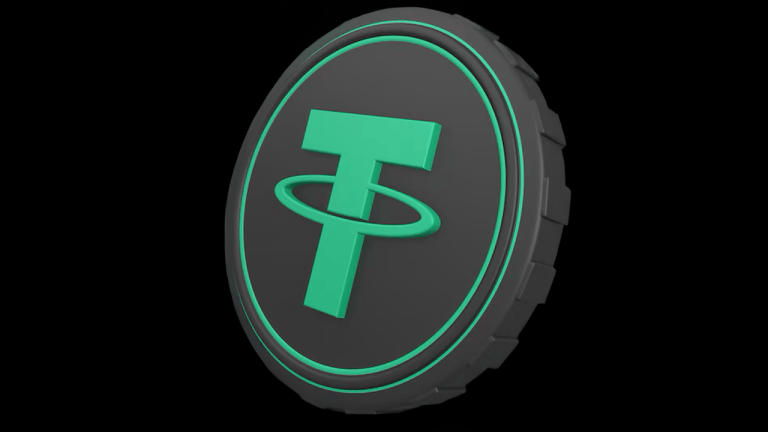
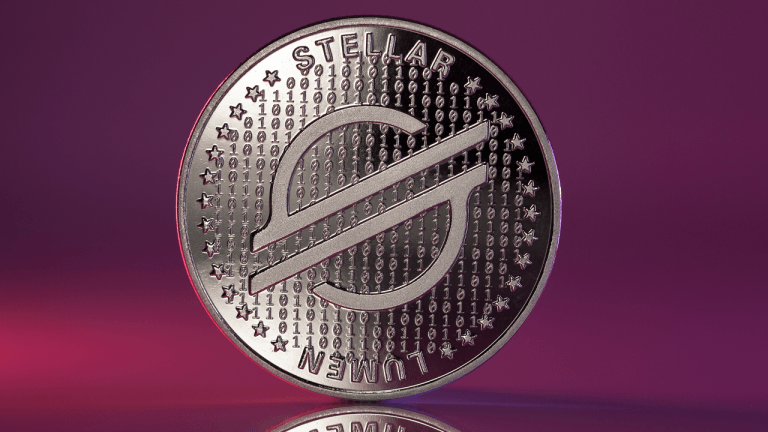


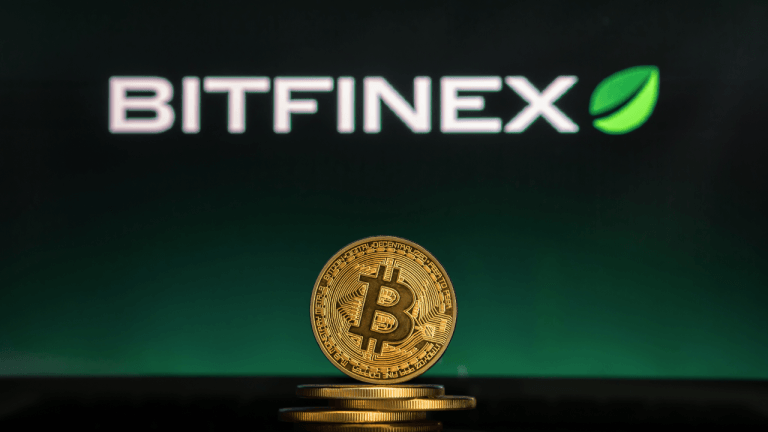







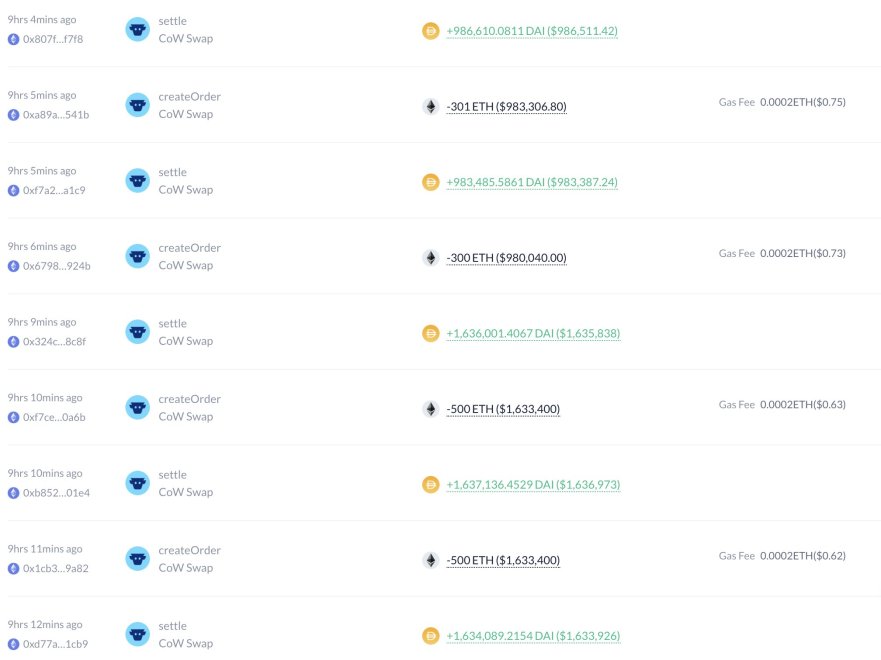






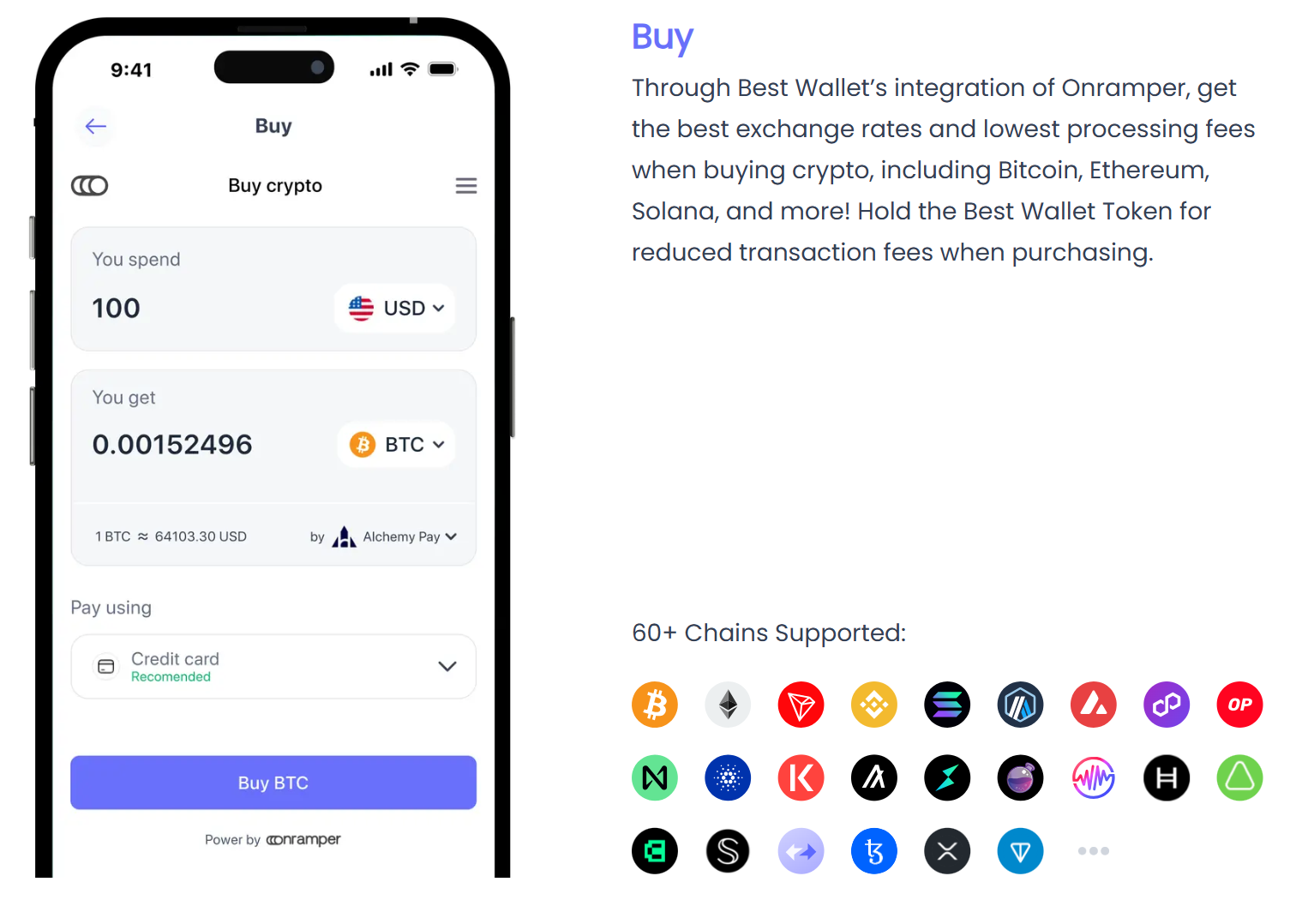
Comments